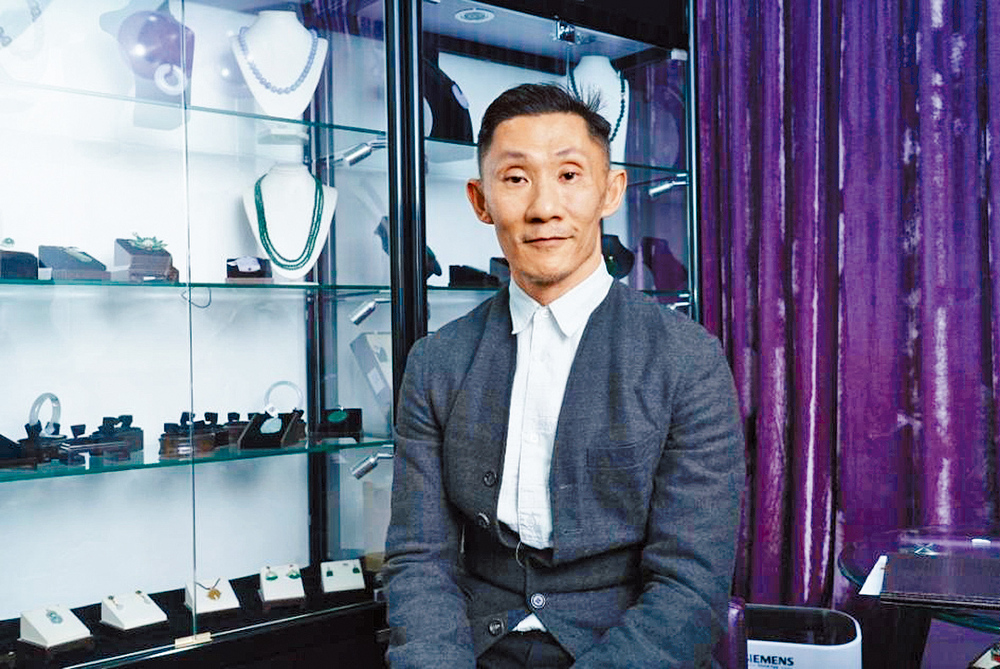Registration Regime for Dealers in Precious Metals and Stones – Industry Representative Feature (10)
2023-06-30
Implementation of the Registration Regime for Dealers in Precious Metals and Stones creates win-win situation for the Government and the industry
Hong Kong has enjoyed a high degree of freedom in trade, earning its reputation as one of the freest economies in the world. In order to safeguard this reputation, the Government has established a registration regime for dealers in precious metals and stones through amending the Anti-Money Laundering and Counter-Terrorist Financing Ordinance (Cap. 615) so as to meet international standards for combating money laundering and counter-terrorist financing. The registration regime has been implemented since 1 April this year.
Mr. Humphrey Yen Kwan, Vice Principal of the Hong Kong Institute of Gemmology (HKIG), welcomes and expresses his support for the implementation of the registration regime.
As a member of the small and medium-sized jewellery industry, he suggests that the Government can provide more assistance to the small and medium-sized businesses during the registration process, to enable them to adapt to the new regime more quickly which would bring a win-win situation.
There are two categories under the registration regime: any dealer who intends to engage in non-cash transaction(s) with total value at or above HKD120,000 in the course of business is required to register as a Category A registrant; any dealer who intends to engage in cash transaction(s) with total value at or above HKD120,000 and non-cash transaction(s) with total value at or above HKD120,000 in the course of business is required to register as a Category B registrant. A Category B registrant is also subject to anti-money laundering and counter-terrorist financing supervision when engaging in cash transaction(s) at or above HKD120,000. Mr. Yen believes that small and medium-sized jewellery dealers usually settle payments through electronic means and seldom conduct large cash transactions, so he anticipates that a majority of them would opt for Category A registration. Besides, Mr. Yen expresses minimal concern on the new requirements for dealers when conducting large cash transactions, and he believes that the industry can gradually adapt to the registration regime.
Mr. Yen admits that he did not have a deep understanding of the registration regime during the early legislative stage, and some small-sized businesses had difficulties in understanding the details of the legislation. Therefore, he suggests that the government put more emphasis on small and medium-sized jewellery industry when implementing the registration regime. He points out that the jewellery trade is robust in Hong Kong, which contributed not only by large companies and brands, but also the persistent efforts of many small and medium-sized enterprises. Therefore, he hopes that the Government can provide more support to small businesses in the registration process, help them understand the registration regime and apply for registration smoothly, thus refrain them from breaching the law inadvertently due to a lack of understanding of the legal provisions.
“I believe that the Customs can continue to do more promotion and education on the legislation for the industry, especially for small and medium-sized businesses, such as holding more seminars for the industry or offering more online resources, to ensure that small businesses can have sufficient understanding of the law and can conduct internal training. Of course, as representatives of the industry, we do have a duty to provide active support to our peers, and help them adapt to the registration regime as soon as possible.”
Source: The Standard







